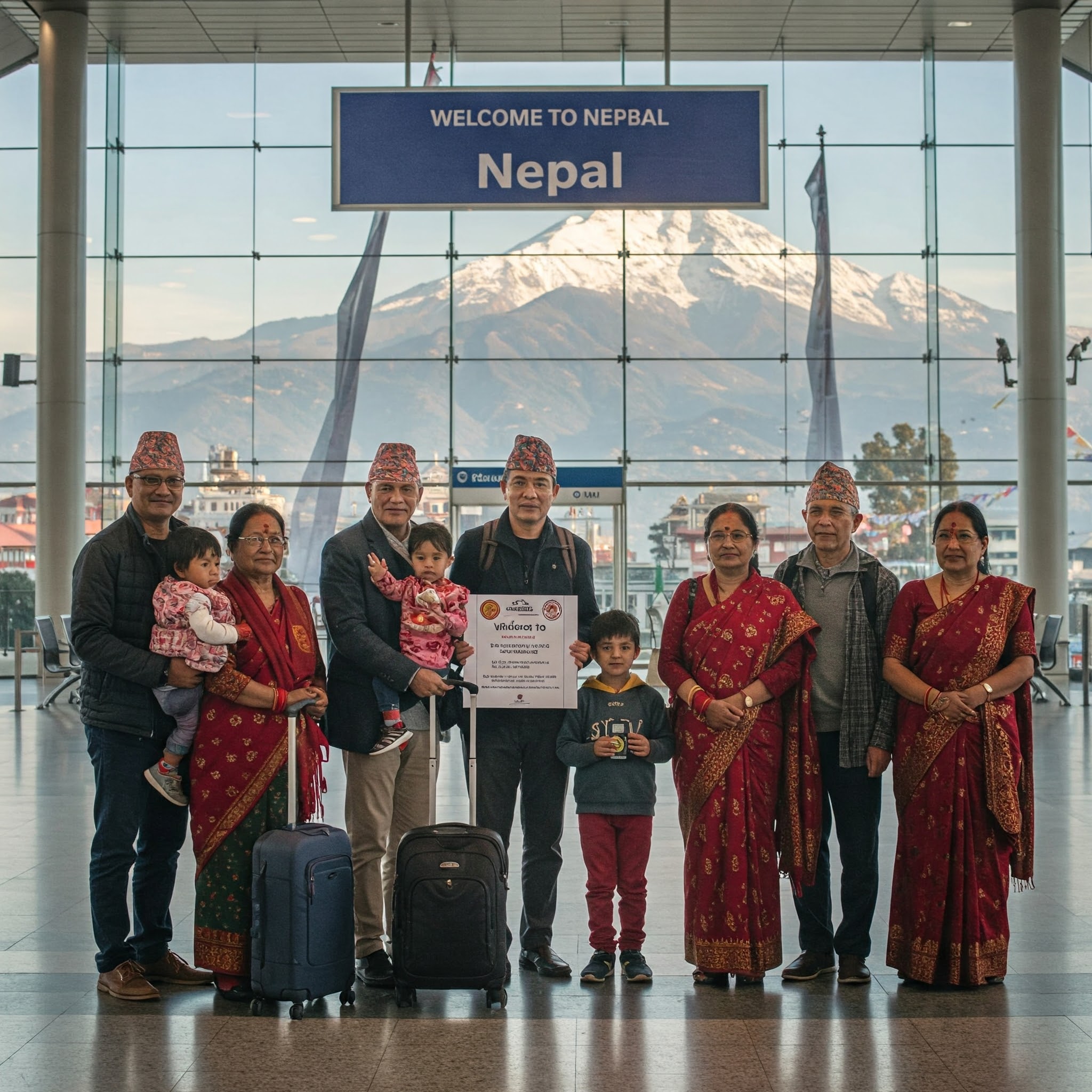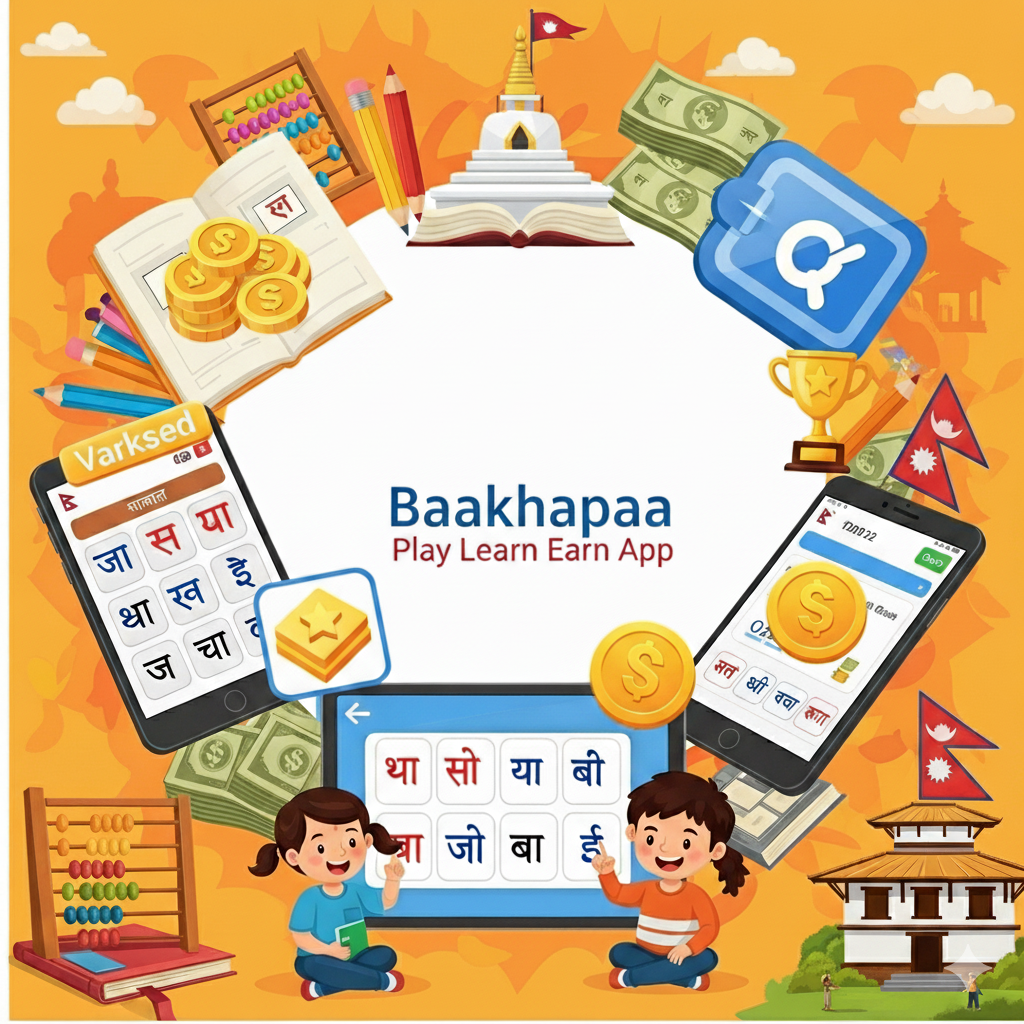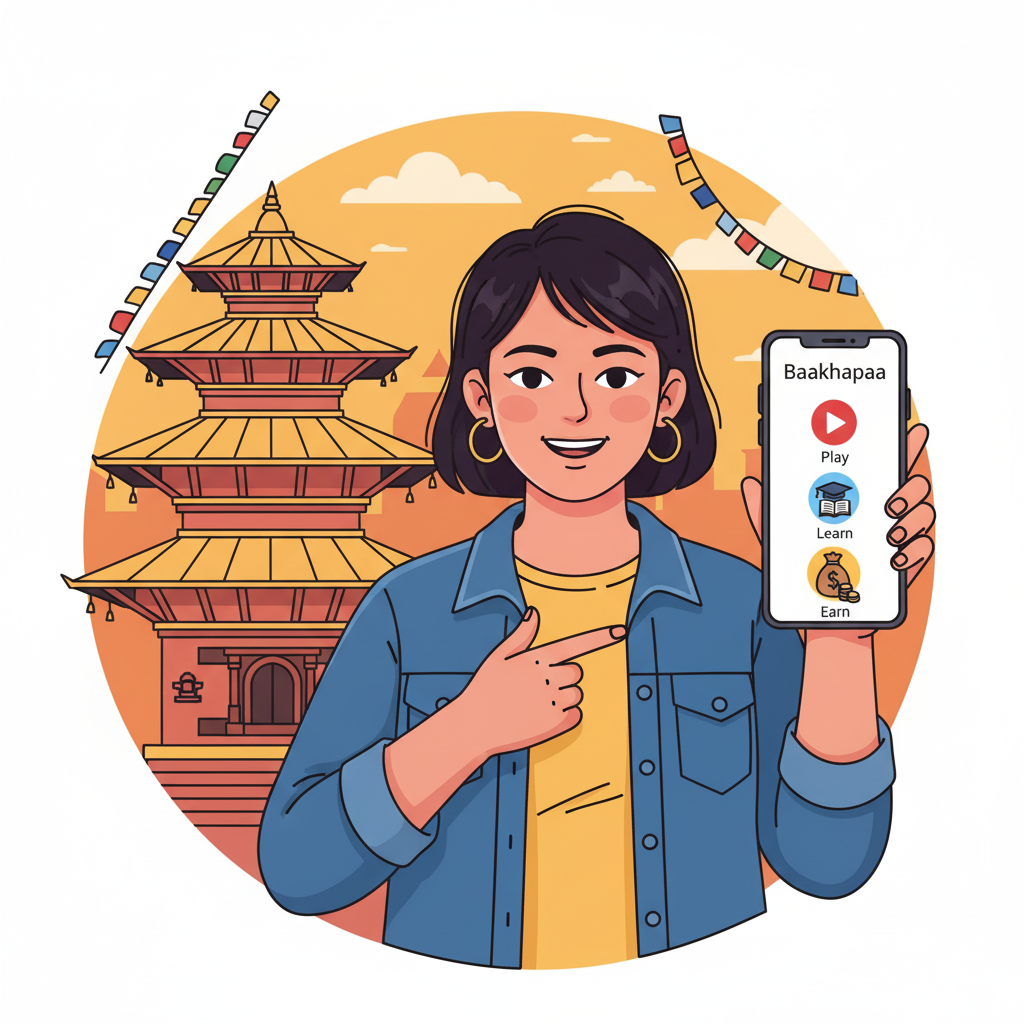Planning Your Trip Back Home to Nepal: A Practical Checklist for NRNs in 2025/2026
For Non-Resident Nepalis (NRNs) around the world, the call of the motherland is a powerful one. Planning trip back home to Nepal, whether for festivals, family events, or simply to reconnect with your roots, is an exciting prospect. As you look towards making that special journey in 2025/2026, this Visit Nepal NRN guide offers a practical checklist to ensure your Nepal travel for diaspora is smooth, memorable, and deeply fulfilling. While this guide focuses on NRNs visiting Nepal, many tips can be universally helpful for diaspora members visiting their respective home countries, like NRIs returning to India.
Before You Go: Essential Pre-Trip Planning
Thorough preparation is key to a stress-free homecoming.
NRN Visa Nepal & Documentation:
- NRN Card: If you hold an NRN card issued by the Ministry of Foreign Affairs or Nepalese diplomatic missions abroad, you are generally entitled to a gratis (free) tourist visa on arrival, valid for a certain period as predetermined by the Department of Immigration. This simplifies entry.
- Visa Requirements: Even with an NRN card, you typically still need to obtain a visa stamp. This can often be done upon arrival at Tribhuvan International Airport in Kathmandu. However, ensure your NRN card is valid. If you have NRN citizenship (a newer category), the visa rules might differ slightly from NRN cardholders, so verify specifics.
- Passport Validity: Ensure your passport (and your NRN card) is valid for at least six months beyond your intended stay in Nepal.
- Crucial Advice: Visa and NRN-related regulations can evolve. Always check the latest rules on the official website of the Department of Immigration Nepal or your nearest Nepalese Embassy/Consulate well in advance of your trip.
Best Time to Visit Family in Nepal:
- Festivals: October/November is generally peak season due to major festivals like Dashain and Tihar, which are prime times for family reunions.
- Weather: Autumn (late September to November) offers pleasant weather and clear mountain views. Spring (March to May) is also popular with blooming rhododendrons. Winter (December-February) can be mild in lower altitudes like Kathmandu and is good for wildlife spotting in the Terai, but very cold in the mountains.
- Family Events: Coordinate with your family for important occasions like weddings, bratabandhas (sacred thread ceremony), or other significant family gatherings.
- Avoid Monsoon (if possible): June to August sees heavy rains, which can cause travel disruptions.
Booking Flights:
- Book in Advance: Especially if traveling during peak festival seasons, book your international flights several months ahead for better prices.
- Compare Airlines & Routes: Use flight comparison websites.
- Consider Off-Season: If your dates are flexible and not tied to specific festivals, traveling during the shoulder or off-season can be cheaper.
Health & Vaccinations:
- Consult your doctor 4-6 weeks before your trip regarding recommended vaccinations (e.g., Tetanus, Typhoid, Hepatitis A) and any other health precautions for Nepal.
- Pack any personal prescription medications with a doctor's note.
- Consider travel health insurance that covers medical emergencies and evacuation, especially if trekking.
On Arrival & During Your Stay: Navigating Your Homeland
Managing Finances When Visiting Nepal:
- Currency: The local currency is the Nepalese Rupee (NPR).
- Exchange: You can exchange major foreign currencies at banks or licensed money changers in Kathmandu, Pokhara, and other tourist areas. Airport rates might be less favorable.
- ATMs: Widely available in cities and larger towns, but carry enough cash when heading to remote areas. Inform your bank about your travel plans to avoid blocked cards.
- Digital Payments: Digital wallets and mobile payments are increasingly common in urban areas, but cash remains essential, especially in rural regions.
- Carrying Cash: Have a mix of denominations. Torn or overly damaged notes might not be accepted.
Packing Essentials (and Gifts to Take Back):
- For Nepal:
- Layers of clothing (weather can vary greatly by altitude and season).
- Comfortable walking shoes are a must.
- Basic first-aid kit.
- Universal power adapter.
- Sunscreen, sun hat, and sunglasses.
- Reusable water bottle.
- Insect repellent (especially for Terai).
- Thoughtful Gifts for Family: This is very personal. Consider:
- Items not easily available or more expensive in Nepal that your family might appreciate (specific clothing brands, electronics if requested, good quality chocolates/specialty foods from your country of residence).
- Cash gifts (Dakshina) are customary during festivals and when receiving blessings from elders.
- Photos or albums from your life abroad.
- For Your Return: Leave space for souvenirs like pashmina, thangkas, handicrafts, or Nepali tea.
Local Transportation Tips:
- Within Cities: Taxis (negotiate fare beforehand or use ride-hailing apps like Pathao or InDriver if available and preferred), local buses (can be crowded), and tempos (three-wheeled electric vehicles).
- Inter-City: Tourist buses (more comfortable for routes like Kathmandu-Pokhara), local buses (cheaper but slower), or domestic flights (quickest for long distances or reaching remote areas like Lukla for Everest treks, but can be weather dependent).
- Vehicle Rentals: Possible, but self-driving can be challenging due to road conditions and traffic. Hiring a car with a local driver is often a safer and more convenient option.
Safety Considerations for NRNs:
- General Awareness: Be mindful of your surroundings and belongings, especially in crowded areas.
- Valuables: Avoid displaying expensive jewelry or large amounts of cash. Use hotel safes.
- Trekking Safety: If trekking, use registered guides/companies, register with TIMS (Trekkers' Information Management Systems), and be aware of altitude sickness.
- Food & Water: Stick to bottled or properly treated water. Be cautious with street food if you have a sensitive stomach.
- Local Customs: Familiarize yourself with basic etiquette (see below) to ensure respectful interactions.
Reconnecting & Embracing the Experience
Tips on Reconnecting with Family:
- Quality Time: Prioritize spending genuine time with family members, listening to their stories, and sharing yours.
- Participate: Engage in family rituals, help with preparations for gatherings, and show interest in their daily lives.
- Bridge the Gap: Be patient if there are generational or cultural differences in perspective. Open communication is key.
Navigating Cultural Expectations for Returning NRNs:
- Be Aware of Changes: Nepal may have changed since your last visit or from what you've heard. Be open-minded.
- Social Obligations: Expect to visit many relatives and attend social gatherings. This is a cherished part of Nepali culture.
- Gift-Giving: Small, thoughtful gifts are appreciated when visiting homes. Cash is often given as Dakshina by elders to younger relatives during festivals.
- Respect for Elders: This is paramount. Greet them respectfully (often with "Namaste" and a slight bow), listen to them, and show deference.
- Modest Dress: Especially when visiting religious sites or rural areas, dress modestly (covering shoulders and knees).
- Using Your Right Hand: For giving, receiving, and eating.
Exploring Your Roots (and Beyond!) - HillyChilly.com
While family reunions are central to your trip, you might also want to rediscover familiar places or explore new facets of Nepal.
- "For NRNs looking to blend family time with unique local adventures, platforms like HillyChilly can be a great resource. Whether it's finding guided cultural tours in Kathmandu Valley, arranging a short trek, or discovering unique workshops like pottery making or Thangka painting, such services can help you create new memories and deepen your connection to Nepal during your 2025/2026 visit."
Travel Preparedness Quiz & Community Insights (RakeshRajbhat.com)
Feeling prepared for your journey home?
- "Test your readiness with a fun quiz on travel preparedness specifically for NRNs visiting Nepal! You might find insightful quizzes and checklists on community-focused websites like RakeshRajbhat.com. Such platforms can also be invaluable for NRNs to connect, share firsthand Nepal travel for diaspora tips, discuss cultural tips for returning NRNs, and exchange experiences about managing finances when visiting Nepal."
Conclusion: The Joy of Homecoming
Planning trip back home to Nepal as an NRN is a journey filled with emotion and anticipation. While there's much to consider, from NRN visa Nepal procedures to packing the right gifts, meticulous planning ensures that you can fully immerse yourself in the warmth of family, the richness of your cultural heritage, and the beauty of Nepal. May your 2025/2026 visit be filled with joyous reunions and cherished memories!
Please login to leave a comment.


 Rakesh Rajbhat
Rakesh Rajbhat




